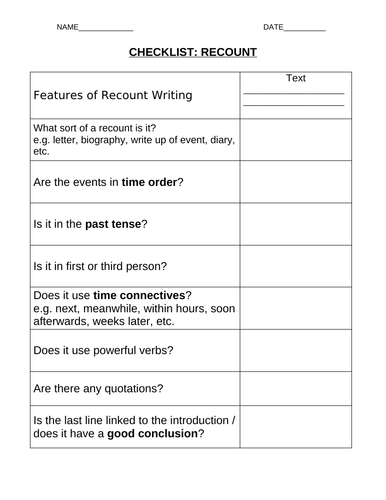





To plan and write a recount text, using appropriate form, features and language.
To understand the value of the ‘home front’ during WWII.
To discuss and write about the life of children during WWII.
Understand the role of the ‘home front’ and the impact of rationing. Explain that this week’s literacy lessons are linked closely to our current history topic. We are moving on to a geography topic after half term.
Recap what we have learned recently in history lessons.
What were the main causes for WWII? Dates? Political leaders? Axis? Allies? How was the war fought? What was the Blitz? What sort of places did the Germans target? Why?
Last lesson I asked you to discuss the posters issued by the British Government. What did you find out?
Show the quote: “I have nothing to offer but blood, toil, tears and sweat. You ask, What is our aim? I can answer in one word: Victory.” TTYP – who do you think said this?
Come back together and establish that it was part of a speech by Winston Churchill when he became PM in May 1940. At this time, victory seemed a long way off.
Show map of the world. Explain that, at the time of this speech, the German forces had already conquered Norway and Denmark. Now, they were sweeping through Belgium and the Netherlands. By 20 May, they reached the English Channel. More than 500 000 British and French troops were trapped on the French coast at Dunkirk. Hundreds of boats, big and small, repeatedly sailed from Britain and brought nearly 340 000 safely back to England. The German advance went on. On 17th June France surrendered. Most of North-West Europe was now in Hitler’s hands. The German leader began to plan the invasion of Britain, only 34 KM away.
Britain now stood alone with scarcely anyone to help. The USA had not yet entered the war. The countries of the British Empire such as Australia and Canada were too far away. Churchill encouraged the people of Britain with defiant speeches. “We shall go on to the end,” he said, “we shall never surrender.”
What was providing a natural barrier for the British against the Germans? The sea. However, it also caused problems. Britain’s farmers could not grow enough food to feed the population. Large amounts had to be brought in from home by ships. Merchant or goods ships were slow and lightly armed and so were easy targets for German U-boats and bomber aircraft. Between March and May 1941 over 320 merchant ships bound for Britain were sunk. Food such as flour, meat and sugar were in short supply.
Something went wrong, please try again later.
This resource hasn't been reviewed yet
To ensure quality for our reviews, only customers who have purchased this resource can review it
Report this resourceto let us know if it violates our terms and conditions.
Our customer service team will review your report and will be in touch.